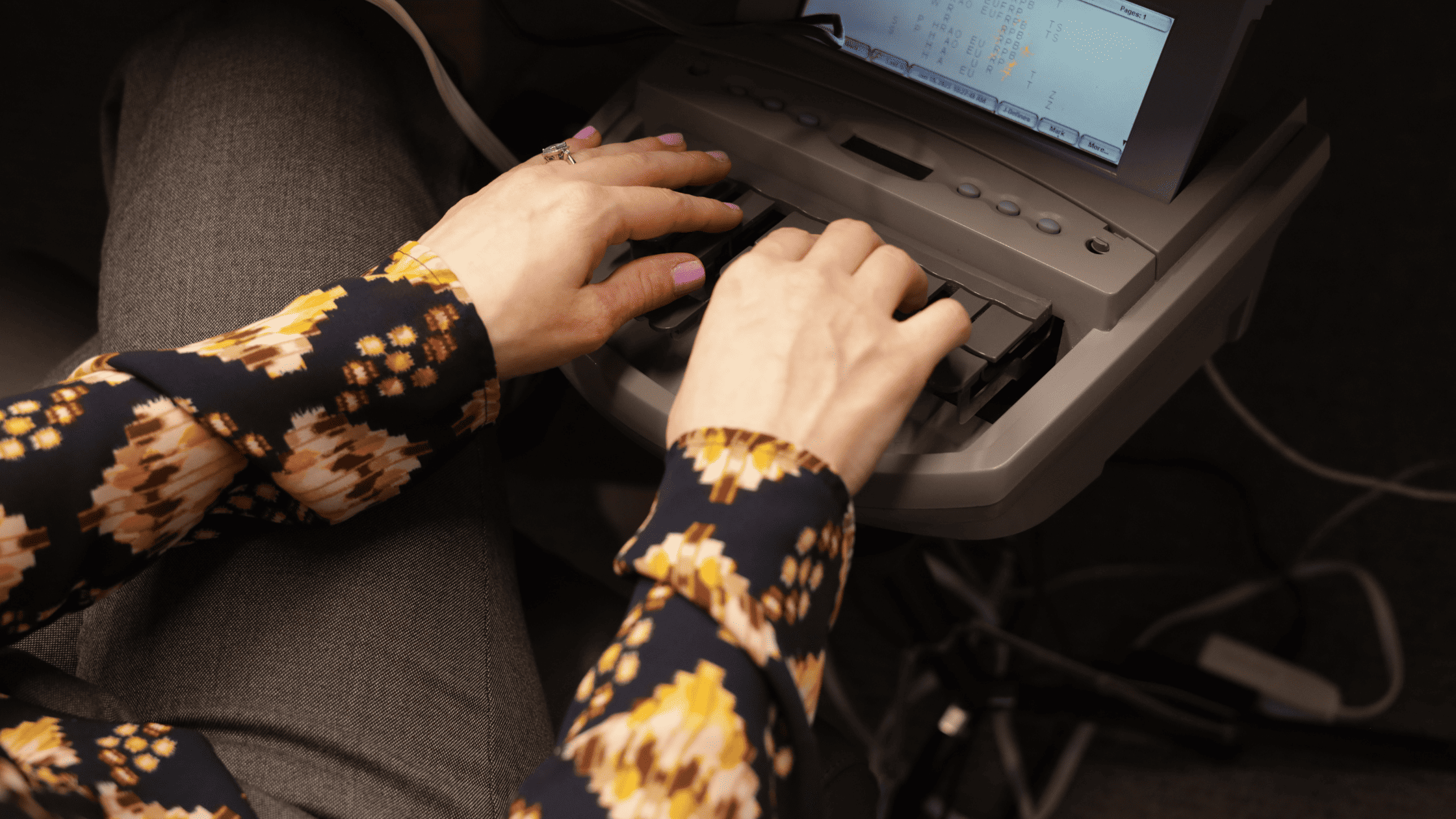The Best Deposition Transcript Results From Cooperation Between Attorneys and Court Reporters
While over-talking can endanger a clear and concise deposition transcript, sometimes a larger danger is excessive interruptions and argumentation by and between the attorneys.
Human Court Reporters Can Keep Depositions Running Smoothly
Attorneys need to achieve many results from a deposition. Attorneys need to obtain the full range of facts and opinions possessed by the witness. Just as importantly, attorneys need a clear and concise deposition transcript to be used for trial preparation, for summary judgment and other motions to be filed with the judge, for impeachment purposes, and for settlement negotiations. Attorneys also want to keep costs down as much as possible. Since transcription costs are “per page,” focused depositions save money. Dedicated and experienced court reporting can help achieve all of these goals. If you need court reporting services for your depositions, call Elizabeth Gallo Court Reporting, LLC, a top-tier national court reporting service. Our number is (866) 689-1837. We accept orders via email, phone, and online.

Over-talking can cause bloated, fragmented, and reduced quality transcripts
Over-talking by witnesses and attorneys is one reason that a transcript might become bloated, fragmented, and fail to achieve the quality needed for summary judgment motions and impeachment. The problem is that court reporters can only capture and transcribe one voice at a time. Thus, cooperation between the attorneys taking the deposition and the court reporters is important. Court reporters can help with polite interjections. But, court reporters must have the help of the attorneys too. Attorneys must “slow things down.” This is not uncommon at the beginning of a deposition when a witness, for example, might be overanxious and start answering before the question is finished. Attorneys should take the lead in slowing the witness down, but court reporters can help.
Court Reporters Reduce Over-Talking And Keep Proceedings Clear
While over-talking can endanger a clear and concise deposition transcript, sometimes a larger danger is excessive interruptions and argumentation by and between the attorneys. Of course, attorneys must interrupt at times to make evidentiary objections. These must generally be placed between a question and a witness’s answer. But, often, this leads to arguments — sometimes heated arguments — between the lawyers. Over-talking is a danger along with shouting, rude talk, and speed talk. All of these can be difficult to transcribe. Again, cooperation between court reporters and attorneys is essential. A polite comment from the court reporter will usually “calm things down” — something like: “Counsel — if you want to present this disagreement to the court, you will need to slow down so I can get each word on the transcript.”
It must be recognized that, sometimes, “sowing confusion” during a deposition can be a litigation tactic used by opposing counsel. In other words, excessive argumentation and intentionally rude behavior can be used as a tactic to distract the lead counsel’s effort to obtain a clear and reliable transcript. The question of “reliability” becomes activated by this tactic since opposing counsel can argue something like “the witness was so confused by all the people talking that the answer cannot be given credence.” But, even for a tactic of this sort, there must be a clear transcript. Judicious efforts by an experienced court reporter to “slow the talking down” can make a big difference.
Contact Elizabeth Gallo Court Reporting Today
For more information, call the experienced court reporters at Elizabeth Gallo Court Reporting. We follow the best practices in order to provide excellent litigation support to our customers. Contact us today to learn about our services and how we can help you.






